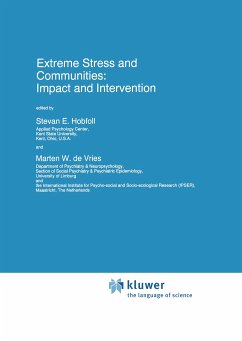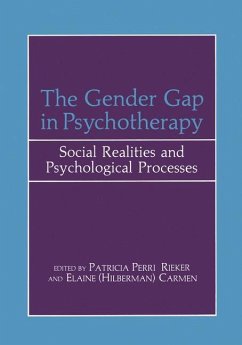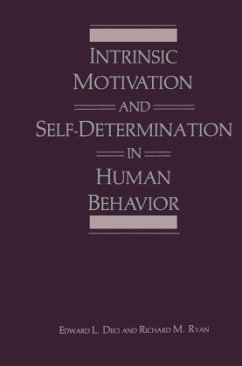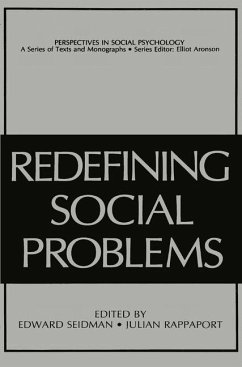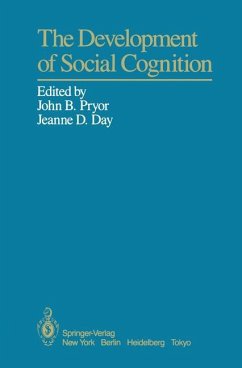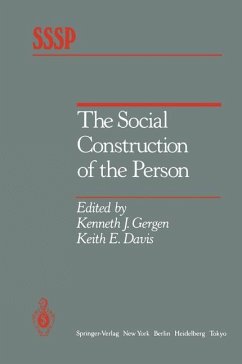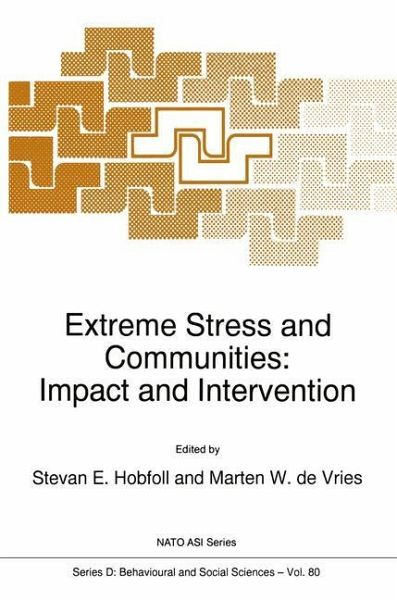
Extreme Stress and Communities: Impact and Intervention

PAYBACK Punkte
115 °P sammeln!
Extreme Stress and Communities: Impact and Intervention is the first volume to address traumatic stress from a community perspective. The authors, drawn from among the world's leaders in psychology, psychiatry and anthropology, examine how extreme stress, such as war, disasters and political upheaval, interact in their effects on individuals, families and communities. The book is rich in both theoretical insight and practical experience. It informs readers about how to adopt a community perspective and how to apply this perspective to policy, research and intervention.





